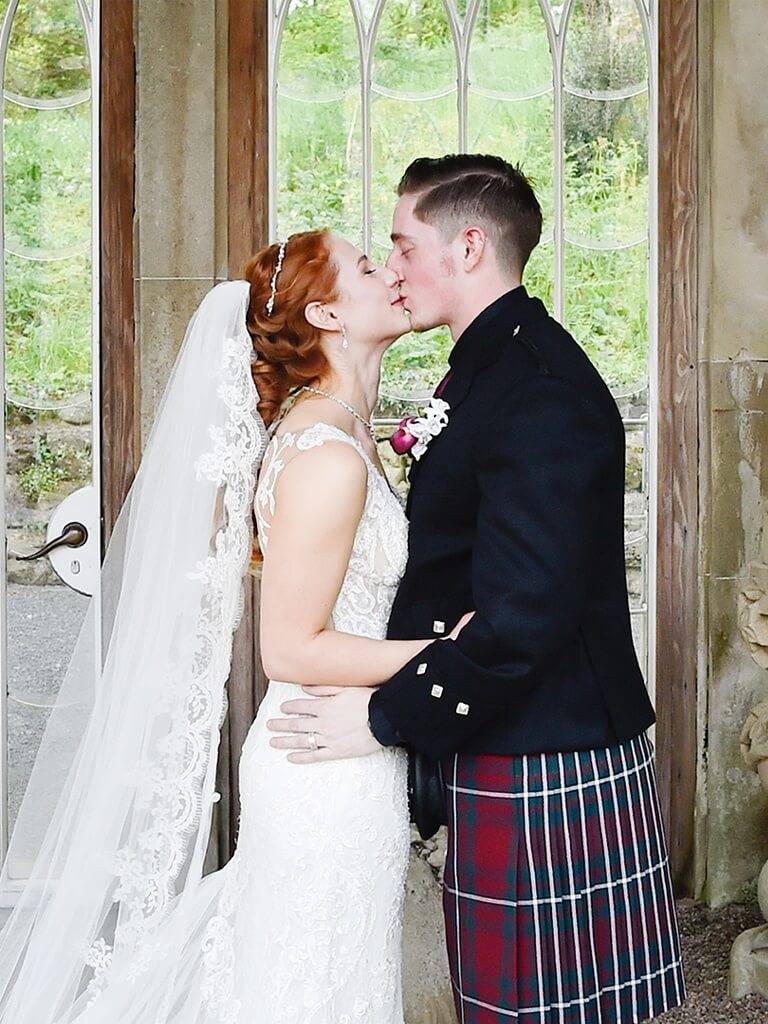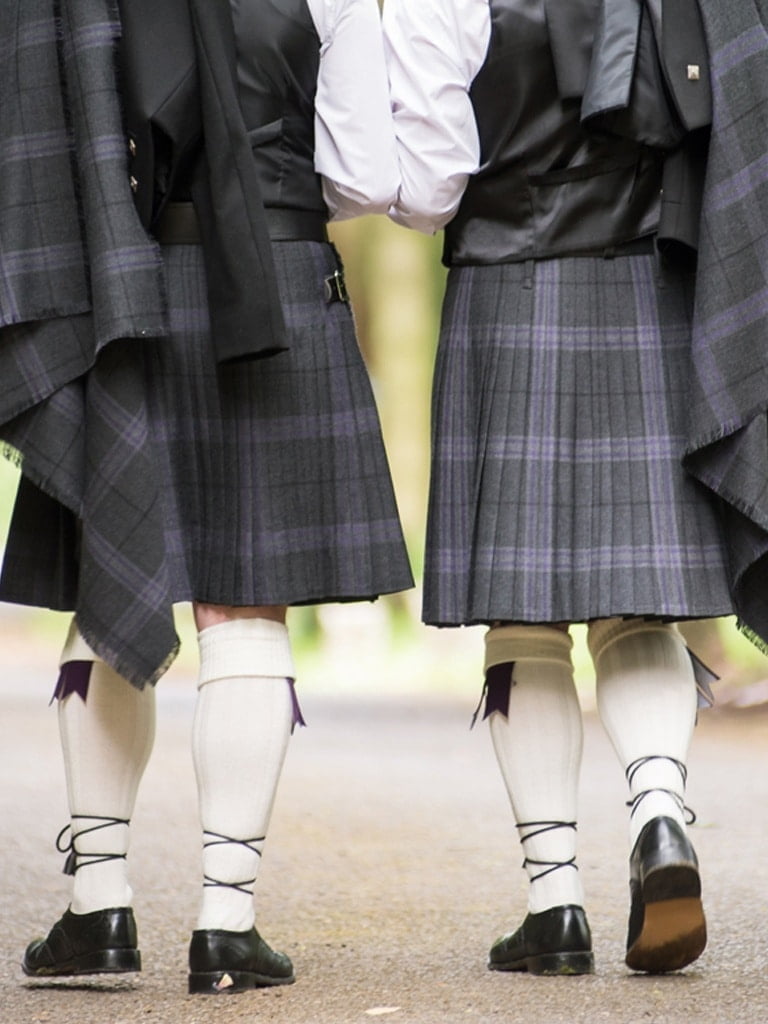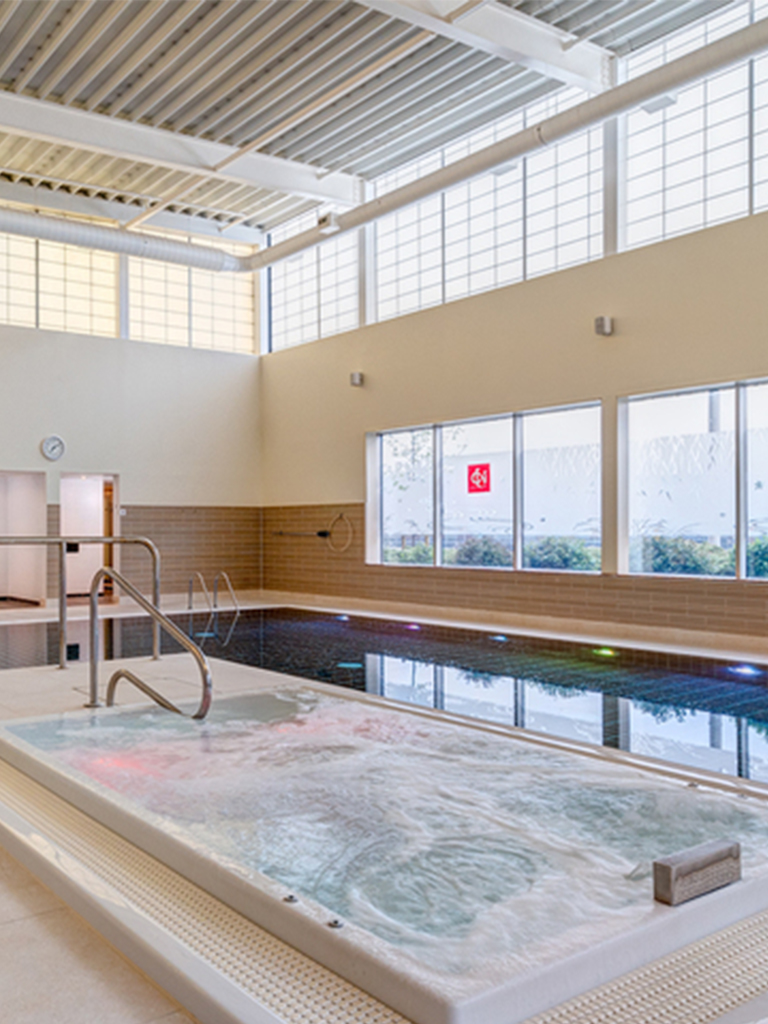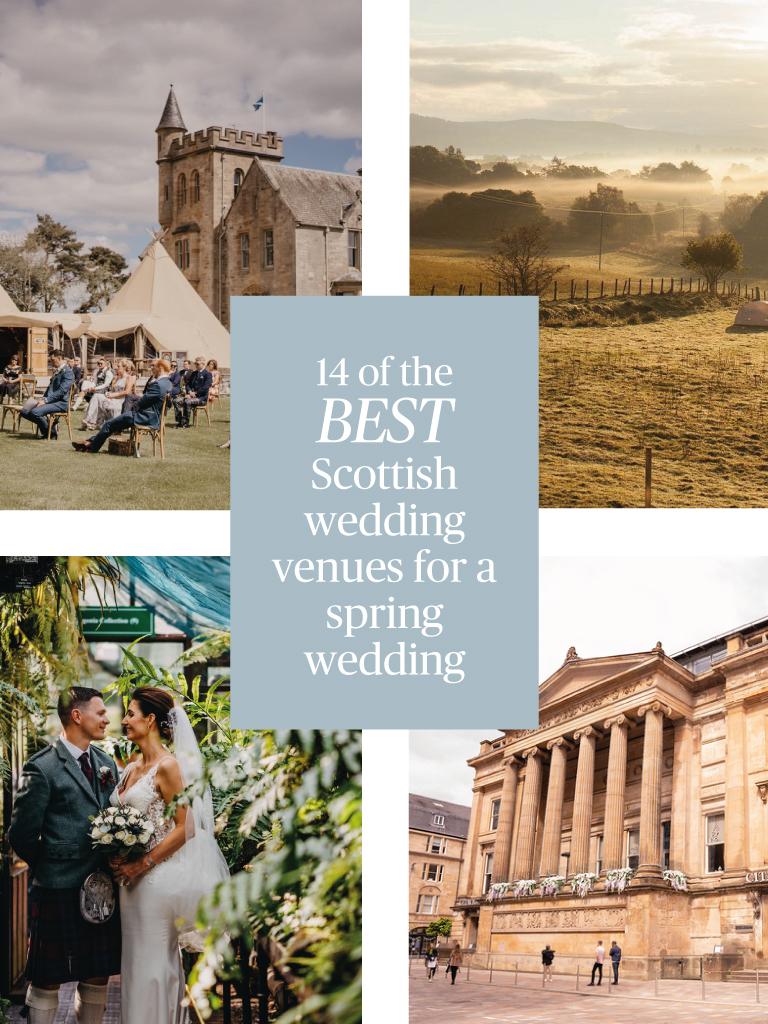
How to decide what type of wedding ceremony is right for you
Choosing the wedding ceremony that’s right for you not only sets the tone for your entire day but speaks volumes about you as a couple and how you feel about marriage.
If you’re people of faith then the obvious choice is to get married in an appropriate religious service.
If you’re lovers of the great outdoors then why not take to the hills for a humanist or interfaith wedding?
The great thing is there is so much flexibility when it comes to saying “I do” in Scotland.
In fact, according to the National Records of Scotland website, “There is no legally prescribed form of words to be used in relation to ‘marriage vows’.
So what are the main options?
Civil ceremony
This one’s for non-religious couples and can be held either in a registrar’s office or at a place agreed with by your registrar.
As well as the legal declarations you must make you can personalise your civil ceremony with readings, poetry and music and you can also write personal vows to one another.
If you do choose to include any religious readings or hymns they cannot be read or carried out by the registrar.
However you choose to personalise the service, there are certain things that are always included; the legal marriage declarations, exchange or rings, pronouncement of marriage and signing of the marriage schedule.
-
 PHOTOS | Emma Gray Photography
PHOTOS | Emma Gray Photography -

Religious ceremony
If you hold certain religious beliefs then this is the ceremony type for you but just how that ceremony is conducted varies greatly from religion to religion, and across all the Christian denominations.
The best starting point is to contact the celebrant you wish to conduct your ceremony who will decide on the details of the service.
Again, there are certain requirements for any religious ceremony including a declaration by both parties in the presence of the celebrant and two witnesses that they accept each other in marriage and a declaration by the celebrant that they are then married.
Each religion or denomination may have its own requirements to follow too.
For example, in the Roman Catholic faith ceremonies must be held in a place of worship in regular use and either the bride or groom must have been baptised in the Catholic faith.
If one of you hasn’t you will have to obtain a special dispensation from a Catholic bishop.
You may also have to attend marriage preparation classes to have a Catholic ceremony.
-
 PHOTOS | The Gibsons
PHOTOS | The Gibsons -

Interfaith ceremony
The interfaith option is perfect for almost everyone, unless they wish to be married in a religious ceremony.
Interfaith celebrant Jane Patmore of Your Service in Scotland says, “An interfaith ceremony can be non-religious, or it can include religious content, or a mixture of both.
“It is one of the most flexible options available. It is suitable for almost anyone!
“If couples follow a defined faith path they well probably want to be married within that religion or belief, but many people are unsure, or maybe hold slightly differing world views.
“An interfaith ceremony is tailored to include whatever is meaningful and important to the couple.
“If one of the parties is religious and the other is not, we can help find words and symbolic gestures which feel acceptable, honest and authentic to them both.”
One of the main benefits is you can tailor your ceremony and, according to Jane, their beliefs and what they want to include are more important than the celebrant’s doctrine.
You can also sometimes hold an interfaith ceremony in a church.
There are many options to add personal meaning to an interfaith ceremony including readings from religious or non-religious sources, a non-specific “blessing” or choosing symbolic gestures such as the lighting of a unity candle or a ring warming.
Jane says it is also possible to include both religious and non-religious beliefs by allowing the couples to say slightly different vows with one saying “In the presence of God,” and the other saying “In the presence of our family and friends,” or you could also play a piece of music during the signing of the register such as Ave Maria, but play the instrumental version without overtly religious words.
Humanist ceremony
Scotland is one of only a handful of countries where humanist ceremonies are legally binding, but it continues to be one of the most popular choices here.
According to Laura Widdop, managing director at Fuze Ceremonies, “It’s suitable for everyone looking for a non-religious celebration of their love.
“A humanist ceremony enables couples to have their day their way.
“They can have it inside, outside, wherever they like, and they can totally personalise it.
“They can involve symbolic gestures, involve friends and family and tell their story their way.”
Couples are encouraged to make their ceremony totally unique and personal to them.
So, if they are including a handfasting, Laura says she will advise them to use fabric from their wedding dress and kilt, rather than random bits of material.
If they have their own children or children from previous relationships she says a sand ceremony is a “beautiful” way to involve them.
“We also get them to write their own personal vows and if they are shy we can read them out,” adds Laura.
While religious readings can be involved it must be after the register is signed and they have been pronounced married and not carried out by the humanist celebrant.
-
 PHOTOS | Tim Maguire Humanist Celebrant
PHOTOS | Tim Maguire Humanist Celebrant -

Not sure what you need to do to get married in Scotland?
Read our How to Get Married in Scotland article








